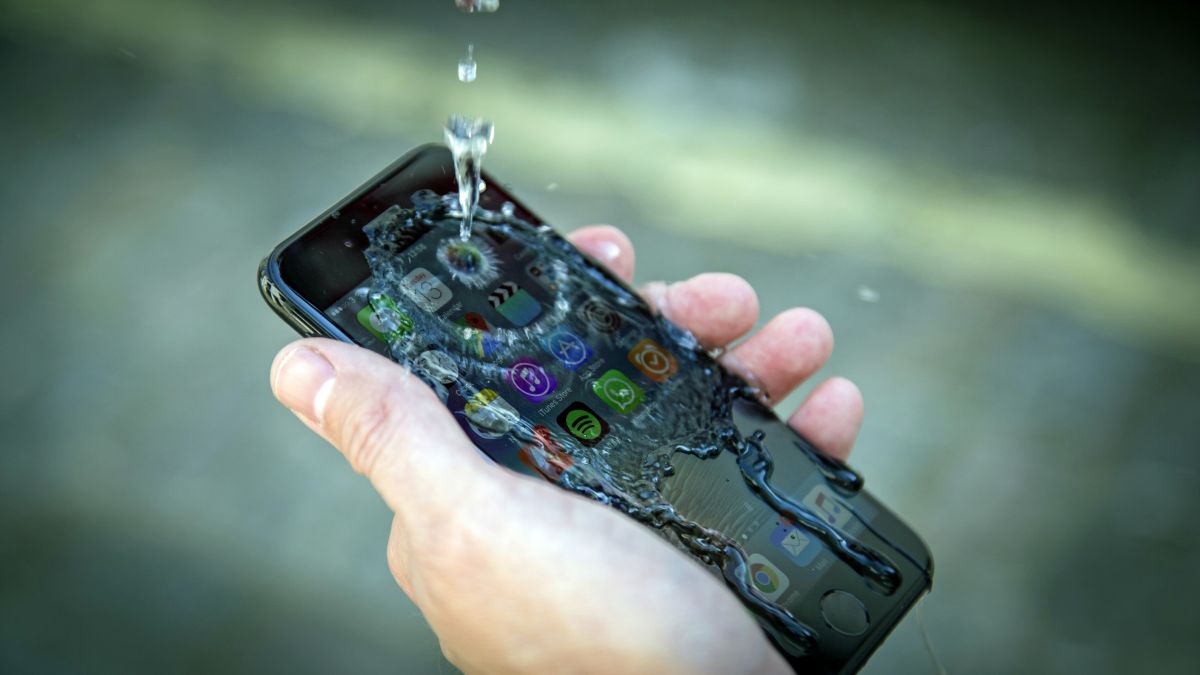Apple is suing one of its biggest iPhone partners for $1 billion
Ironic: Apple doesn't like being overcharged

Update: We've added a section focusing on Qualcomm's follow-up statement to get both sides of the story.

No one likes being overcharged for the iPhone, not even Apple, so it's suing one of its biggest partners for $1 billion, alleging inflated patent prices.
Qualcomm, the San Diego-based chip maker, holds the rights to cellular patents that are used to make the iPhone 7 and iPhone 7 Plus. But it's getting expensive.
Apple says Qualcomm charges "at least five times more in payments than all the other cellular patent licensors we have agreements with combined," reports CNBC.
Taking a shot at its partner, Apple adds, "For many years Qualcomm has unfairly insisted on charging royalties for technologies they have nothing to do with."
Here's what Qualcomm says
Qualcomm, of course, doesn't see it the same way , saying, "it is quite clear that Apple’s claims are baseless" in an official statement.
It calls out Apple for snipping it at various junctures around the globe, noting, "Apple has been actively encouraging regulatory attacks on Qualcomm’s business in various jurisdictions around the world."
Sign up for breaking news, reviews, opinion, top tech deals, and more.
Qualcomm concludes its statement with, "We welcome the opportunity to have these meritless claims heard in court."
It sounds like we'll have another long, drawn-out Apple legal saga, reminiscent of the Apple-Samsung court case. Side benefit? We may discover tantalizing, never-before-heard trade secrets again in the process.
When the chips are down
iPhone prices have gotten more expensive in the last decade, ever since the late Apple CEO Steve Jobs introduced the original iPhone in 2007.

At the same time, Apple's profits have been on a sudden downward trend, and current CEO Tim Cook's compensation even has dipped because of it.
Apple is clearly pinching every penny, playing defense in its filing: "The more Apple innovates with unique features such as TouchID, advanced displays, and cameras, to name just a few, the more money Qualcomm collects for no reason."
It's driving home the point that the more it's charged for patents, the "more expensive it becomes for Apple to fund these innovations."
Qualcomm, for its part, makes most of its money off of these sort of royalties. It sells Apple GSM and CDMA-enabled iPhone 7 modem chips, primarily used in the US models, and they've proven to perform better than Intel's GSM-only modems.
Whether or not this billion-dollar lawsuit sours their relationship for the iPhone 8 later this year remains to be seen.
Qualcomm also makes Android chipsets, like the Snapdragon 820 found in over 200 devices, and it has a sequel on the way: the Snapdragon 835, expected in the LG G6 and Samsung Galaxy S8.
